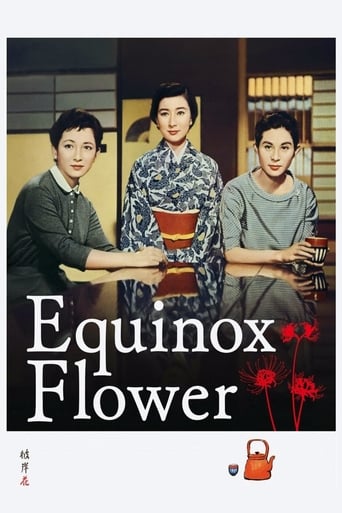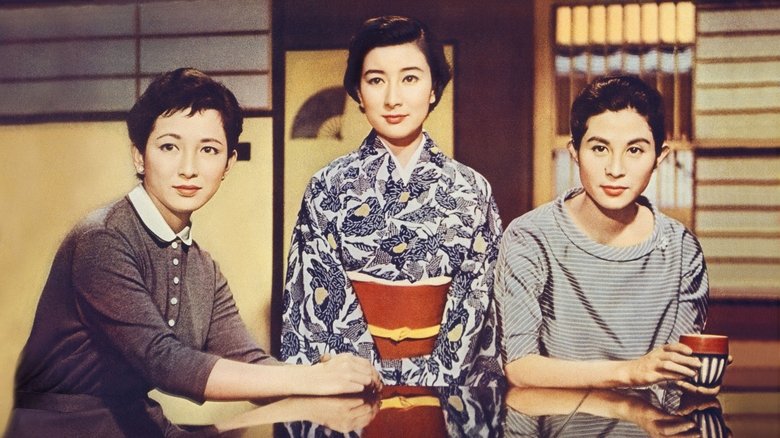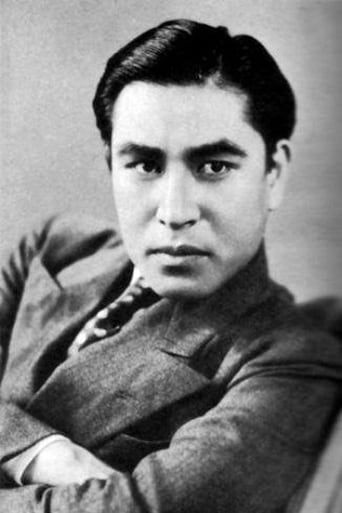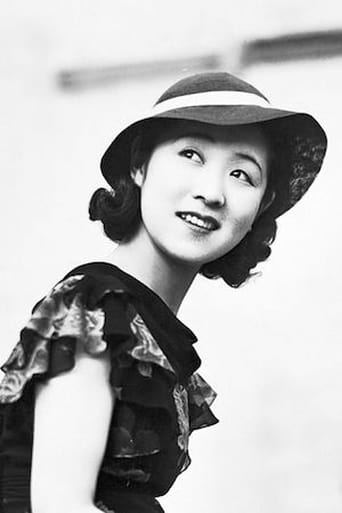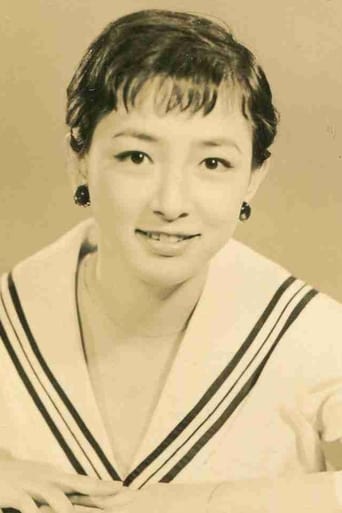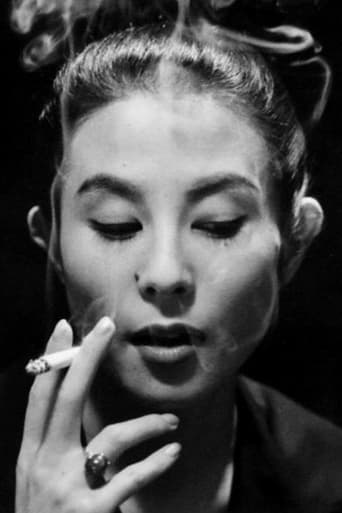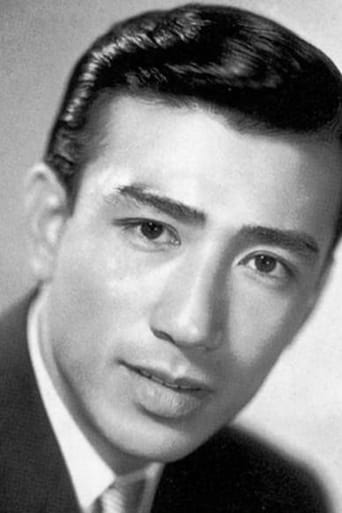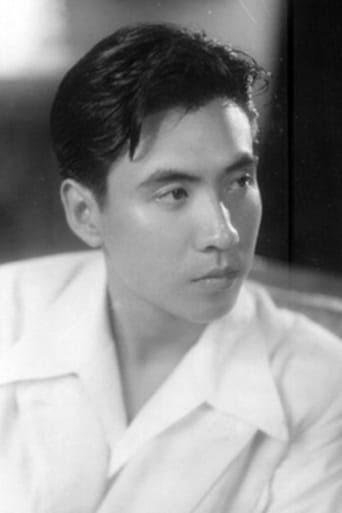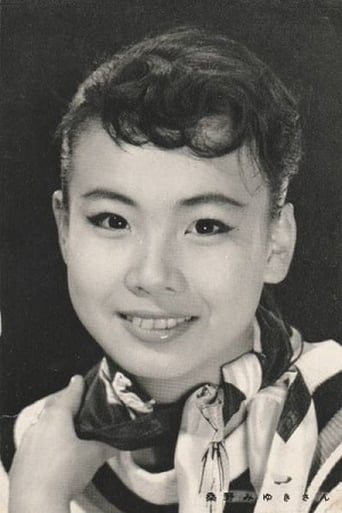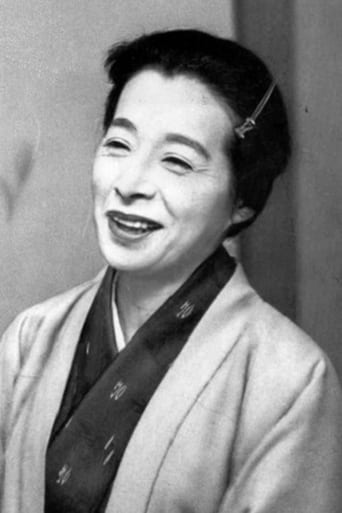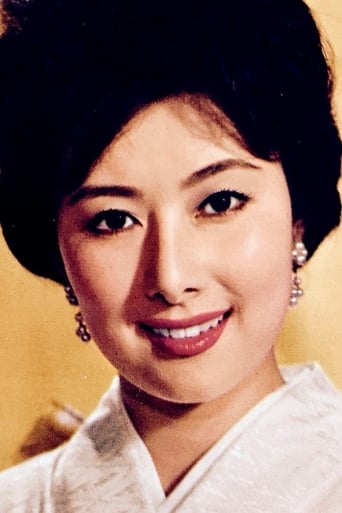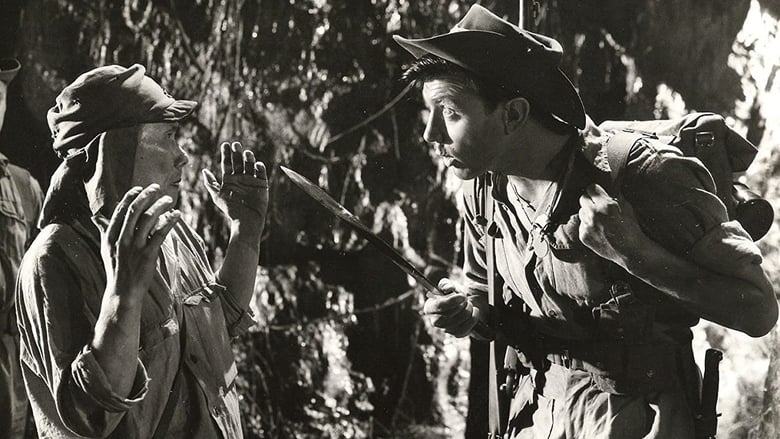Wataru Hirayama's outwardly liberal views on marriage are severely tested when his daughter declares that she is in love with a musician and is adamant to live life her own way, instead of agreeing to an arranged marriage. Outwitted by his female relatives, Hirayama stubbornly refuses to admit defeat.


Similar titles
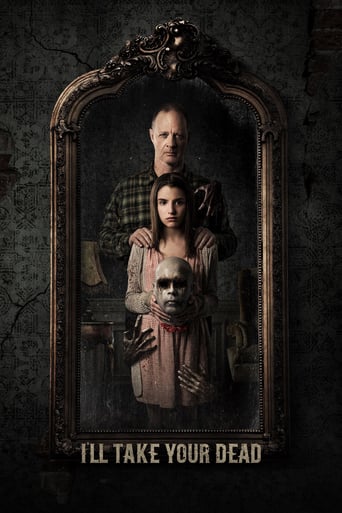
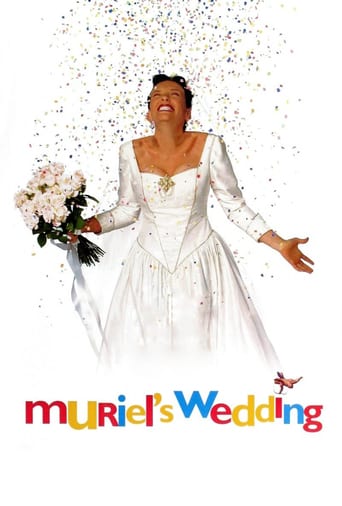
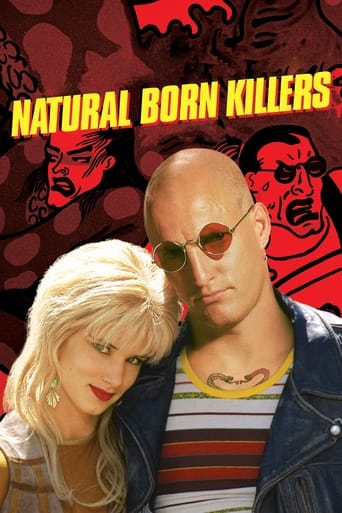
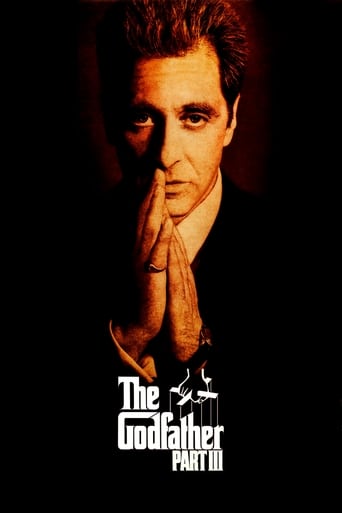
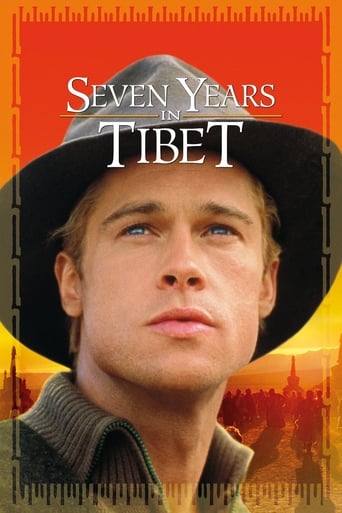

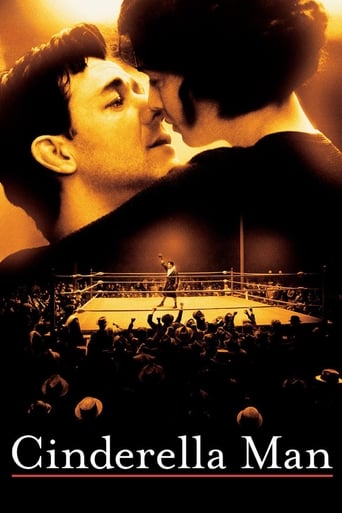
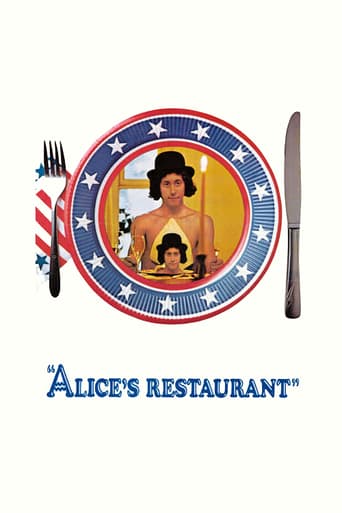
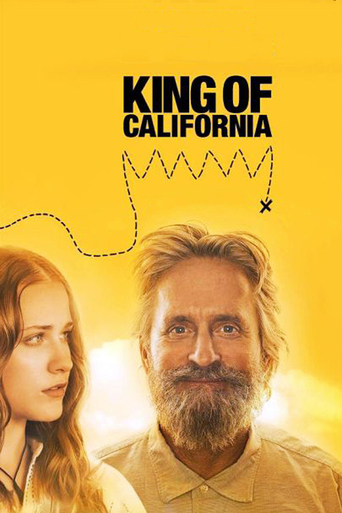
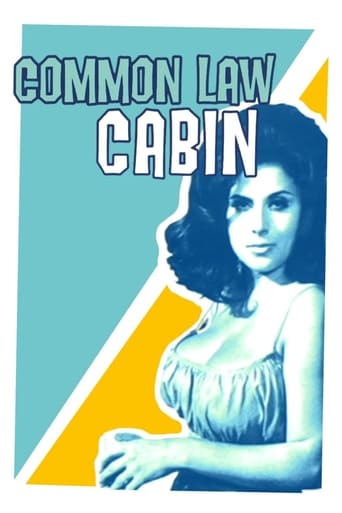
Reviews
Viewed on DVD. Restoration = ten (10) stars. To paraphrase an old burger chain ad: Where's the movie? Notable actors are present (Kinuyo Tanaka delivers a particularly poignant wordless performance while the younger actresses tend toward hyper line readings). So are the Director's trademarks including: scene padding; "back acting"; clothes lines; ugly overhead electrical lines to power trains; and static camera. The film score seems just right and is delivered in the right places on the sound track. Cinematography (color) and sound are fine. Subtitles are OK. But the film lacks direction BIG time. The Director conveys to the viewer the impression (rightly or wrongly) of having an astounding lack of interest in most of the scenes he is ostensibly directing as well as the film as a whole! Part of the problem seems to stem from a very weak story line and a lackluster script. Set decoration is minimal. Interior sets look terribly familiar and seem to have been little changed over the past 10 years or so. Skip this one or be prepared to be seriously bored. WILLIAM FLANIGAN, PhD.
User reviewer Martin-f has an excellent summary ("Ozu at the top his game", martin-f from United Kingdom, 24 April 2006).'Equinox Flower' is an incredible example of film art. It is my favorite (so far) film of Yasujirō Ozu. Ozu is a daring filmmaker because he handicaps himself almost completely. All of his contemporaries were moving their camera (e.g., the spectacular single-shot opening of Orson Welles's 1958 "Touch of Evil"). Ozu refuses to.Ozu also refuses to provide dramatic subject material besides family arguments over whom a young girl marries. He also frequently has the camera on the floor looking up at his characters when they are seated, which is often. The actors are never allowed to veer off script, which often is banal dialogue. Finally, most of Ozu's imagery appears like a painting. This is Ozu's first color film; he makes quite a remarkable splash in this medium.This is regarded as a comedy/romance. We should also say it concerns Japanese manners and patriarchy. We often see in Ozu's films a husband returning to the home from work, removing layers of his clothing and dropping them on the floor for his dutiful wife to take care of. (If Western males tried this there would be Hell to pay.) We see it multiple times here, and this husband/wife interaction helps identify the power relationship between big CEO and patriarch Wataru Hirayama (Shin Saburi) with his wife Kiyoko (Kinuyo Tanaka). At the film's opening when Wataru makes an impromptu speech at a wedding, he insults Kiyoko by publicly lamenting forced marriages like the one he had. Needless to day, Ozu does not plan on Kiyoko enduring these insults forever. She turns out to be a formidable rival.There are three other young women. The woman playing daughter Sesuko's friend is great (i.e., who plays the pivotal trick on Wataru). She has a great role and she plays it very well.Finally, Ozu's visual aesthetics are very well chosen and delightful. If you have the patience for 'Equinox Flower', it is very worthwhile.
The emptiness of the space in the very first images of "Equinox Flower" makes an impact on the viewer. An opening of this sort resembles those of Ozu's most famous films such as "Late Spring" and "Tokyo Story". However, soon we find out that "Equinox Flower" differs quite remarkably from these since it is essentially a comedy. In the first scene of the film Ozu instantly introduces the marriage motif -- a recurring subject in his oeuvre -- as two railroad workers are wondering the great amount of newly-weds. Only few artists have been able to establish a theme and set a tone, which are fully consistent with the rest of the work, so quickly yet still with such restraint and precision. Therefore, it is certain to the viewer from the start that what unfolds is the craft of a master. At its heart, "Equinox Flower" is a tender comedy because it fluently combines two aspects, which too often appear as contradictory, the ironic and the melancholic. Striking is also the fact that the film is Ozu's first comedy in approximately two decades. One must go back to the silent days to find a benchmark. This choice of return seems to coincide with Ozu's new sympathy (though I use the word hesitantly) for the younger generation, whereas he so often has sympathized the elders. It seems to me that in "Equinox Flower" the lightness and hopeful attitude towards life, noticeable in Ozu's earlier films, merges with the Chekhovian wisdom and elegiac tone of his later oeuvre. To an extent, "Equinox Flower" is a satirical treatise on the decline of parental and especially patriarchal authority in the Japanese family and society. However, Ozu is never hostile nor aggressive. He doesn't point out. He reveals. Although there are moments when Ozu lets us laugh at the protagonist's helplessness when trapped by his own outdated norms, Ozu never attacks on him. In addition to theme, Ozu's return to comedy also marked a turning point in his visual development because he used color for the first time, which later on became an inseparable element in his subsequent films. As a consequence, the world of colors in "Equinox Flower" is strikingly rich and precisely considered, leaving the viewer with several memorable and widely associative visual motifs. "Equinox Flower" is in many ways what one might call a simple film. There's not much of a story going on, let alone action of any kind, nor surprising twists in plot. Nonetheless, the viewer (any viewer whether an admirer of Ozu or not) is left with a powerful impact by the rich simplicity of the visuals; and the utter beauty of details. Above all, "Equinox Flower" is purely based on Ozu's unique poetry of the mundane; a vital principle in his cinema. Due to this simplicity, many western viewers have blamed, or at least explained their discontent, Ozu's films for a slow pace, but this criticism, however, doesn't really hit the mark because Ozu's films precisely create their own time in the poetic universe which differs from our world. In this rhythm or, in fact, Ozu's perception of time lies profound melancholy. The days go by, the clothes line dances in the wind, and emptiness prevails. In "Equinox Flower" the older generation remembers the war-time days, recalling especially its better times of carefree coexistence. In turn, such ideals as personal happiness and privacy threatened by the old, arranged, communal joy throb beneath the youth's dialogue. Ozu's characters are often aware of this melancholy -- human transience in the passage of time -- which brings sadness to their existence. A sensation that the old is about to vanish is always present, though so is the characters' ability to accept things as they are. As time is such an important theme for Ozu, his films can never be summed up with mere concepts such as "comedy" or "tragedy" since their (aesthetic) perspective is never restricted, but always reach to the most profound perspective of all, which is that of philosophy.
Equinox Flower like many of Ozu's other movies is about generation gap. But Ozu has a different way of showing the generation gap. There is no black or white, but just shades of gray. Even though the parents or the children may be in wrong on some issue, Ozu still wants us to feel sympathy for them. Instead of fights there are slight admonishments and instead of happy reunions there are reconciliations.A large part of reason for that maybe the Japanese culture in which like many other eastern cultures parents are given more respect. But I think Ozu would have been able to make similar kind of films regardless of which culture he belonged to. This is because his films he films have universal values that strike a chord in everybody.Equinox Flower is Ozu's first color film. He resisted for long time to film in color. But the result here is very good. It is also a relatively more modern film. Sake has been replaced with whiskey and beer. And the younger generation is more openly defiant. He has made a very judicious use of colors.What I love most about his most films is the undercurrent of humor that runs throughout. Even though the topic itself is a little soapy, it never feels like that. I always end up smiling at the end of an Ozu film.
